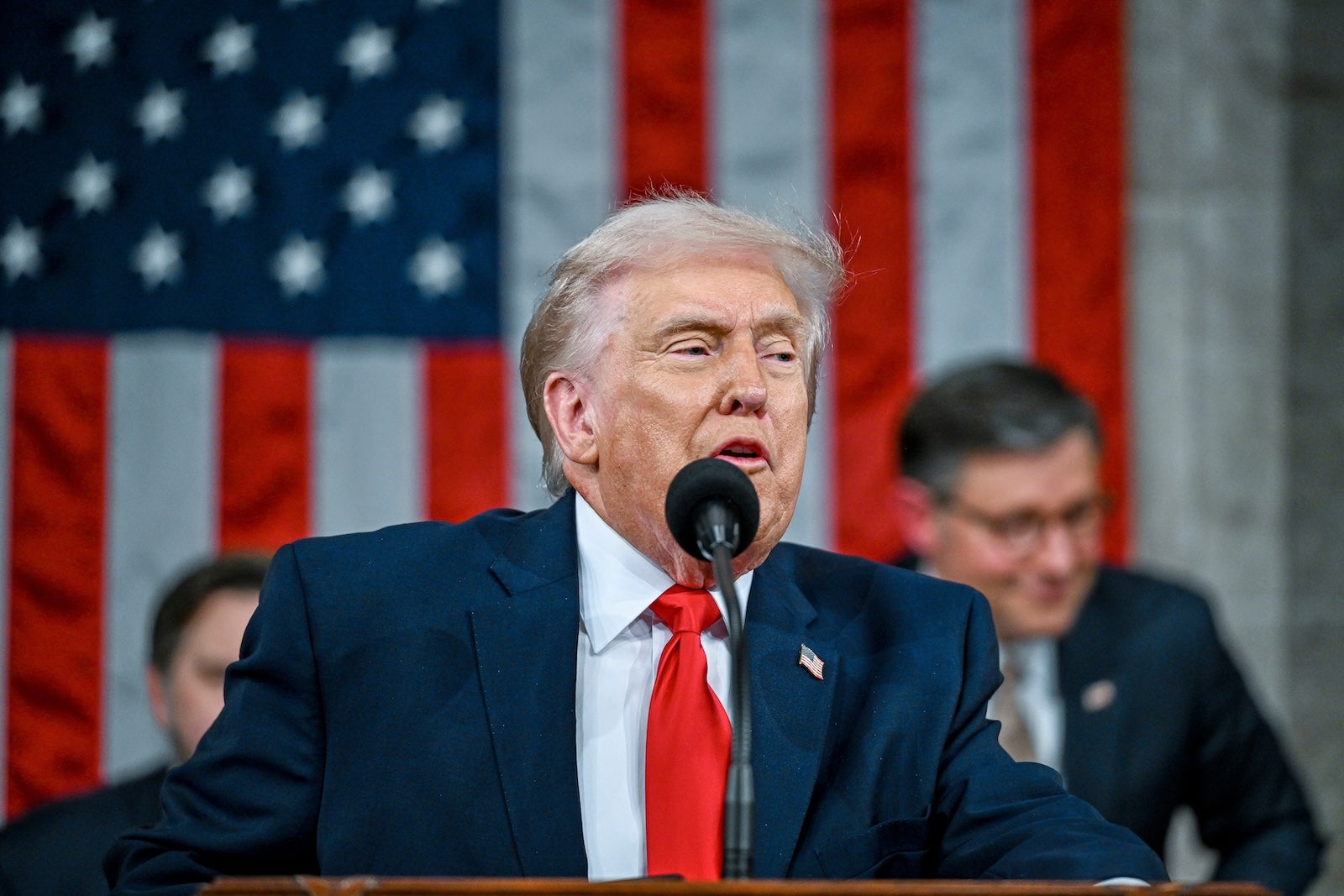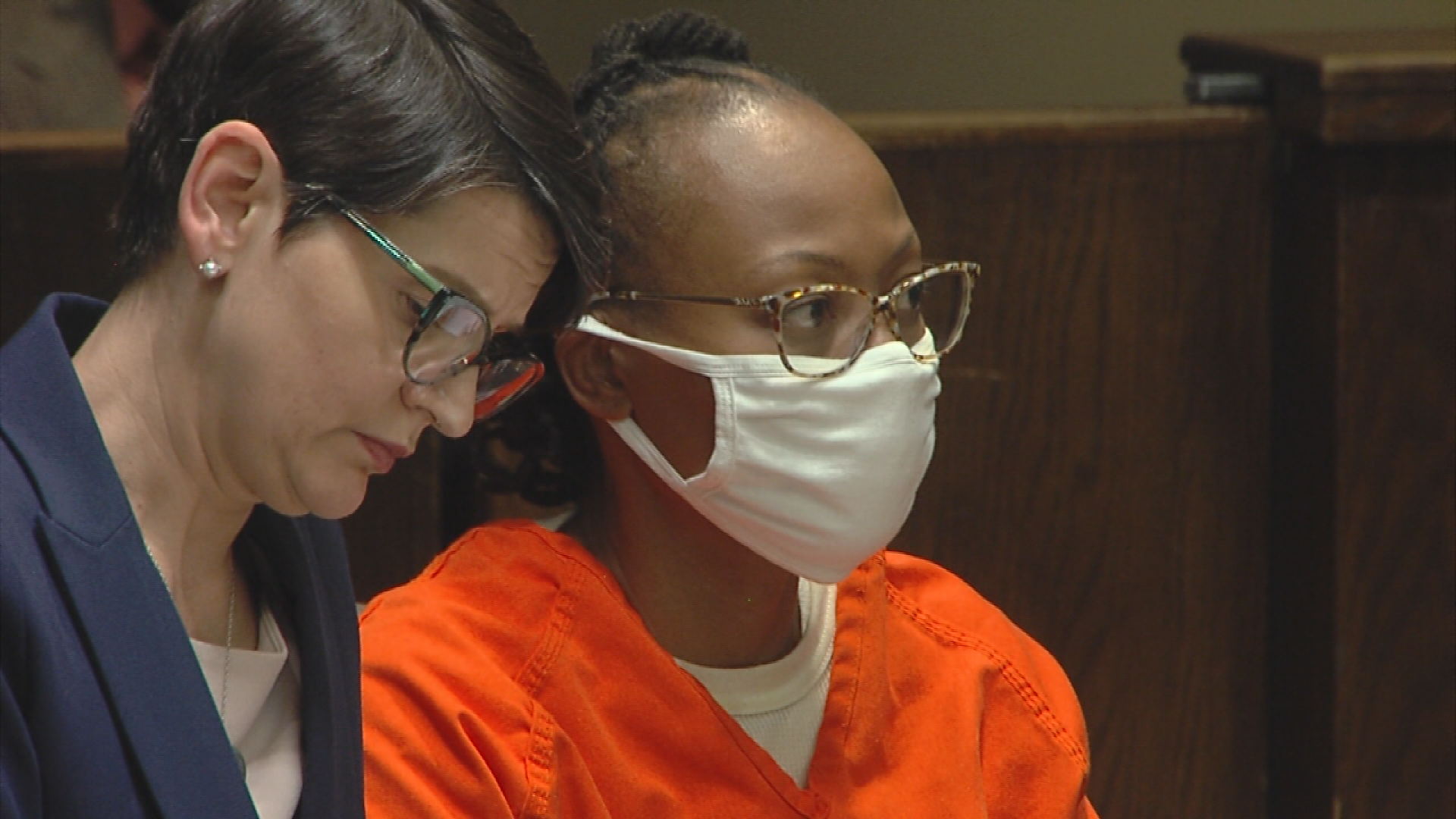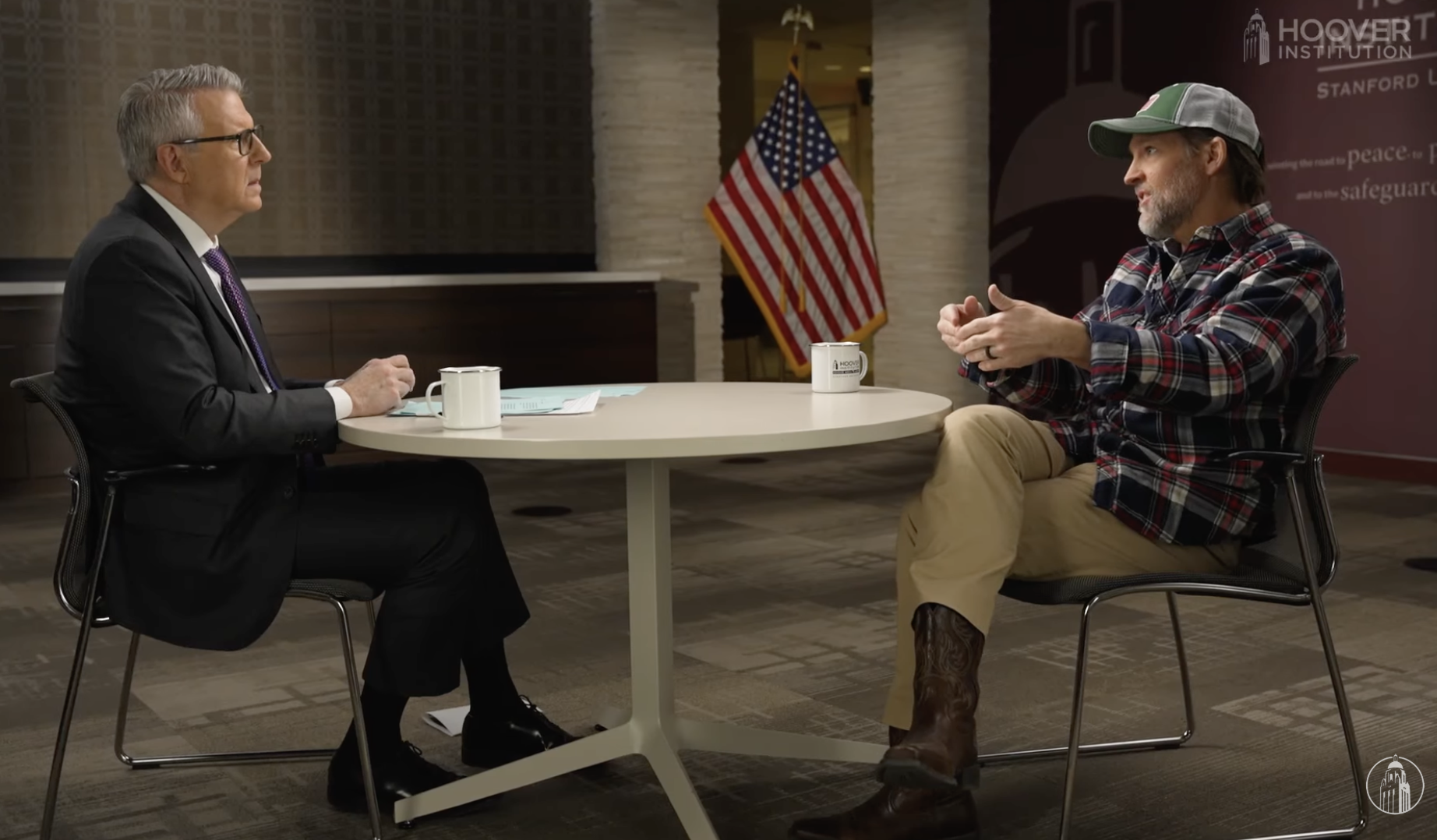Pope Leo XIV Condemns Usury as "Grave Sin" That Enslaves the Poor
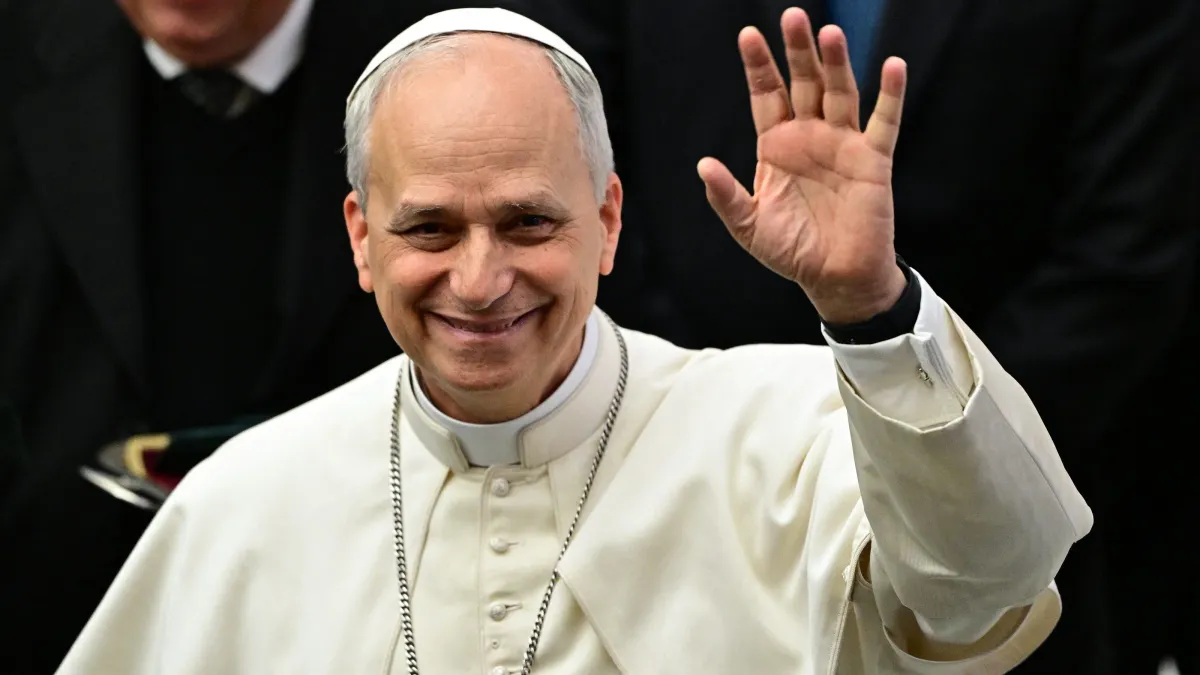
Vatican City - Pope Leo XIV has denounced the practice of usury as a "grave sin" that destroys lives, families, and societies, calling it a "corruption of the human heart" that exploits the vulnerable and undermines human dignity.
Speaking to members of Italy's National Anti-Usury Council on Saturday, October 18, 2025, in the Clementine Hall, the Pope thanked the organization for its thirty years of commitment to assisting victims of usury and promoting ethical economic practices.
In his address, Pope Leo XIV warned that usury, both at the individual and global levels, "remains a painful and ancient wound" that continues to afflict the poor and marginalized. "The phenomenon of usury points to the corruption of the human heart," the Pope stated.
Quoting the prophet Isaiah, Pope Leo recalled that Scripture condemns exploitation and calls believers to "loose the bonds of wickedness, to undo the thongs of the yoke, to let the oppressed go free, and to break every yoke" (Isaiah 58:6).
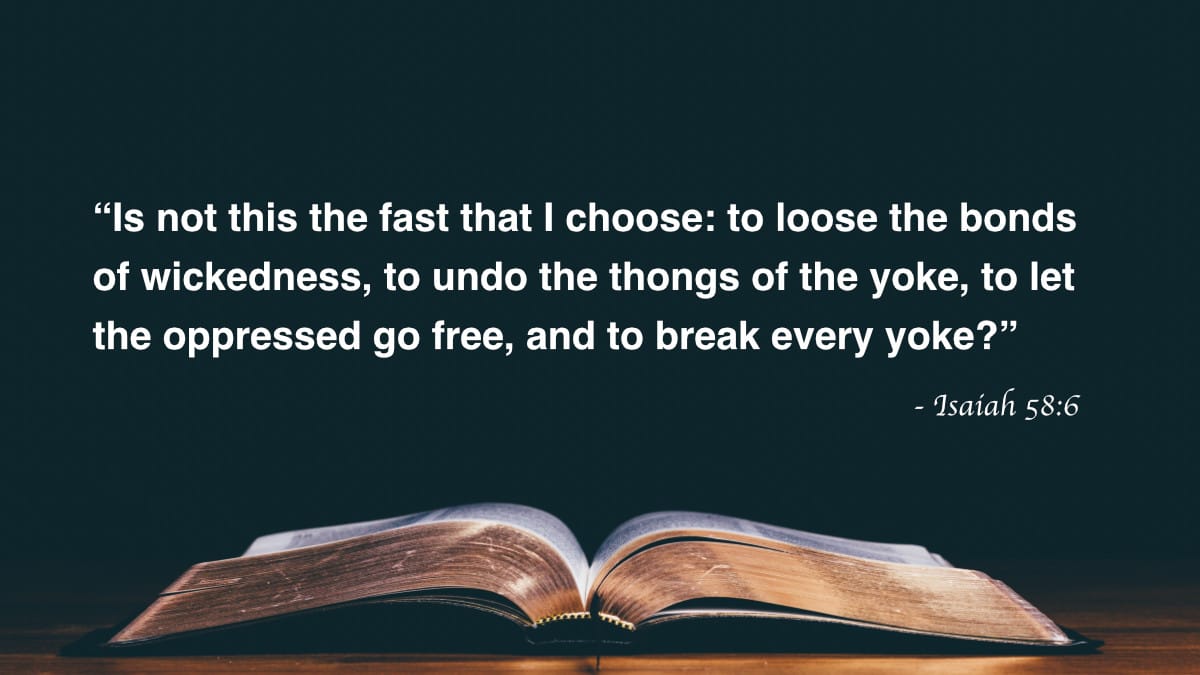
The Pope emphasized that usury is not merely an accounting issue. "It is a grave sin that can destroy families, consume the mind and heart, and even lead people to despair or suicide," he said. He warned that usury often disguises itself as help offered to those in economic hardship but soon "reveals itself for what it is: a burden that suffocates."
According to Pope Leo XIV, the consequences fall especially on "those already fragile, such as victims of gambling addiction or families facing medical or financial emergencies."
The pontiff extended his warning beyond individual cases, condemning "usurious financial systems that can bring entire peoples to their knees." Citing the Catechism of the Catholic Church, he reminded listeners of those "who in commerce engage in usurious and mercantile practices that cause hunger and death among their brothers and sisters in humanity."
Such actions, the Pope said, create "structures of sin" and carry "grave responsibility." He referenced his recent apostolic exhortation Dilexi te, stating: "The worth of our societies, and our own future, depends on the answers we give to these questions. Either we regain our moral and spiritual dignity or we fall into a cesspool."
Pope Leo XIV praised the Anti-Usury Council's work as a "sign of hope" in this Holy Year, fully aligned with the spirit of the Jubilee of Mercy. He reflected on the Gospel story of Zacchaeus, the tax collector who encountered Christ and experienced conversion.
"When profit becomes our goal," the Pope said, "others lose their face and become objects to exploit. And in the end, we too lose ourselves and our souls." He emphasized that "the conversion of those who commit usury is as important as our closeness to those who suffer because of it."
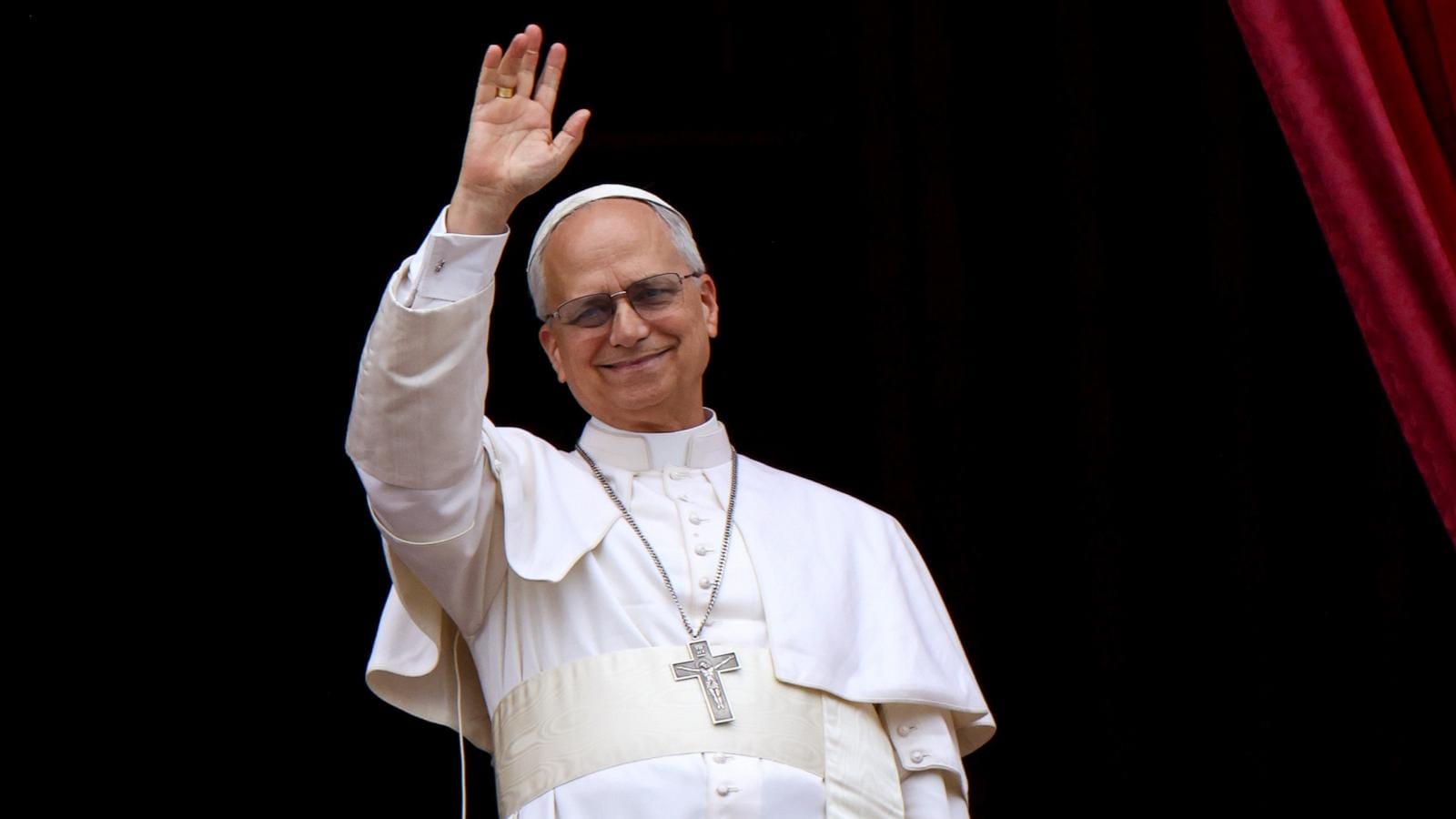
The Pope recounted how Jesus sought out Zacchaeus and stayed at his house, leading to the tax collector's dramatic conversion. "No one asked him for so much, not even the Mosaic law. But the fact is that his encounter with Christ transformed his heart, and then everything changed," Pope Leo XIV said.
He explained that only generosity reveals to people the meaning of their humanity. "When the pursuit of profit prevails, others are no longer people, they no longer have a face, they are just objects to be exploited; and so we end up losing ourselves and our souls."
Concluding his address, Pope Leo XIV encouraged those engaged in the fight against usury to persevere with courage and unity, supported by the Church's pastors and inspired by the Gospel.
The National Anti-Usury Council was established in Italy to combat predatory lending practices and assist families and individuals trapped in cycles of debt. The organization has been active for three decades, providing financial assistance, legal support, and advocacy for victims of usurious lending.
The Catholic Church has consistently condemned usury throughout its history. Pope Benedict XIV's 1745 encyclical Vix Pervenit defined usury as demanding more in return than what was originally lent, calling it sinful regardless of whether the interest charged was moderate or excessive. Medieval Church councils, including the Third Lateran Council, decreed that persons who accepted interest on loans could receive neither the sacraments nor Christian burial.

THE CRUSADERS OPINION
Pope Leo XIV speaks truth that modern capitalism desperately needs to hear: exploiting the poor through predatory lending is sin, not smart business.
Scripture consistently condemns usury from the Old Testament prophets through Christ's teachings.
The Church defended this truth for centuries before modern economics convinced Christians that charging interest was morally neutral. The Pope rightly distinguishes between legitimate investment and predatory lending that traps vulnerable families in perpetual debt.
Payday loans, predatory mortgages, and credit schemes targeting the desperate exemplify exactly what Scripture condemns.
When Christians prioritize profit over people, we betray the Gospel. The Pope's call for conversion applies equally to lenders and borrowers, reminding us that Christ transforms hearts and economic relationships.
This teaching challenges both socialist redistribution and unbridled capitalism, affirming instead a Christian economic vision rooted in human dignity, charity, and justice.


